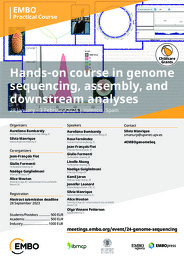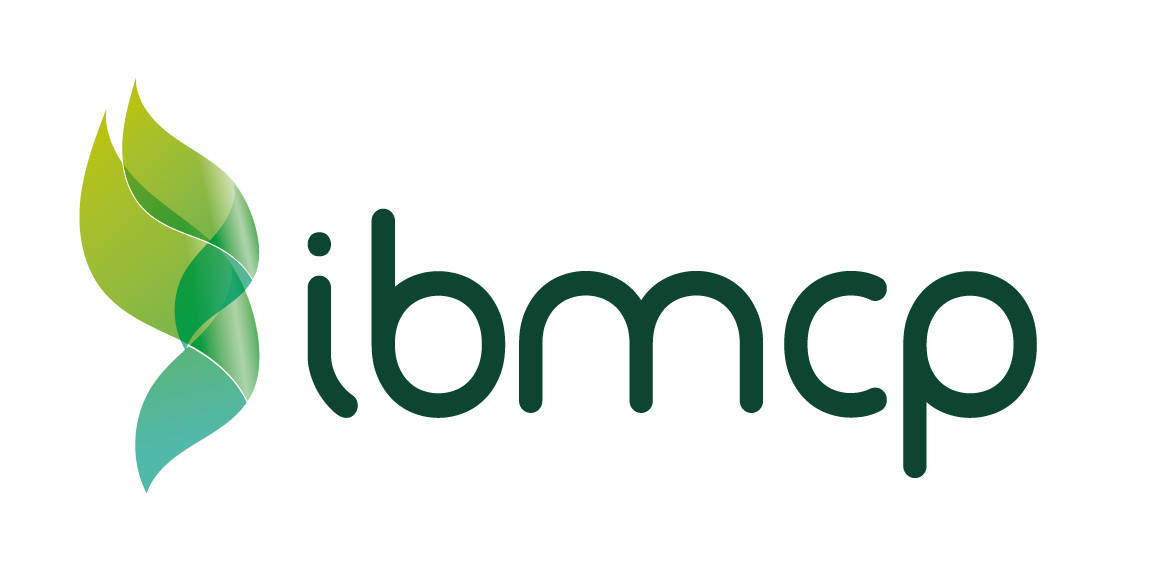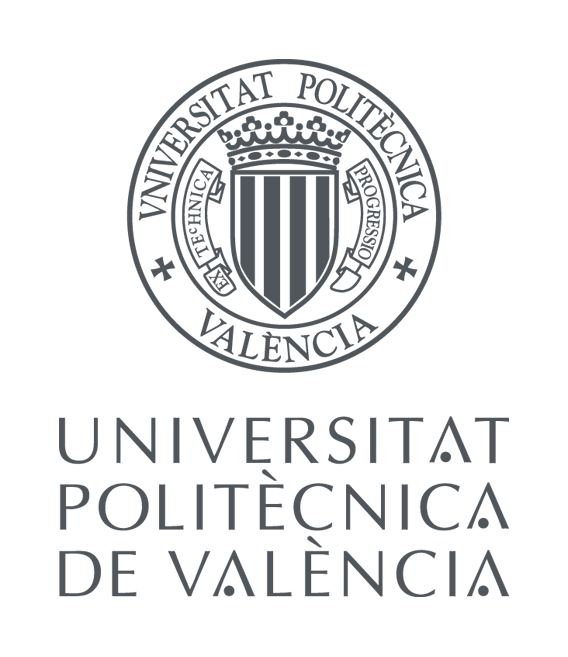Registration includes:
-
Course registration
-
Course material
-
Accommodation
-
Lunches, dinner, coffee breaks
-
Transportation (cards and/or bike rental)
-
Welcome dinner, group excursion, social events
Payment
The selected participants will receive an e-mail with the acceptance letter together with information and details regarding the payment procedure on 28 September 2023. Payments will be made through UPV payment system.
Selection criteria
Selection will be based on the CVs and motivation letters of the applications, with the aims of favouring
- early-stage researchers (i.e., PhD students and postdocs)
- balanced geographical origin with an emphasis on countries and institutions where genomic expertise is currently scarce
- gender balance
Applicants who demonstrate in their motivation letter that knowledge of genome assembly and downstream analyses is important for their short-term research and/or career plans will be favoured.
Multiple applications from the same group are discouraged - instead, we expect participants to share with the other members of their groups the knowledge and know-how they will have acquired during the course.
A working knowledge of the shell environment will be required by the beginning of the course but is not a prerequisite for selection - selected applicants with no prior knowledge of command line tools should get acquainted with the shell environments by following the online tutorial prior to arriving in Valencia.
Abstract guidelines
In order to facilitate interactions between participants, the course will start with a poster session on the first day. Posters should provide a general overview of each participant’s present research, with abstracts less than 300 words in length.
Poster specifications
Maximum poster size (A0 format) - 841 mm (width) x 1189 mm (height). A passport-style photograph of the presenting participant should be included in the upper-left corner of each poster.
Travel grants and registration fee waivers
Travel grants and registration fee waivers are available for participants.
Selection of awardees is handled directly by the organizers. EMBO travel grants and registration fee waivers are allocated on the basis of the quality of the submitted abstract.
Applicants do not need to apply separately for these but should indicate on the registration form if they wish to be considered.
Additional travel grants are available for EMBC Associate Member States Chile, India, Singapore and Taiwan.
Special travel grants and registration fee waivers
A limited number of travel grants and registration fee waivers are availablefor scientists working in Croatia, Czech Republic, Estonia, Greece, Hungary, Italy, Lithuania, Luxembourg, Poland, Slovenia and Turkey. Grants are allocated on the basis of the quality of the submitted abstract.
A maximum of 700 Euros per participant are available to cover registration fees, travel, and accommodation (no additional subsistence costs can be covered). To apply, please indicate the itemized amount requested in the travel grants section of the registration form.
Child care grants
EMBO Courses and Workshops offers grants to offset additional childcare costs incurred by participants or speakers when participating at any EMBO Courses and Workshop funded meeting. Eligible costs include fees for a caregiver or child-care facility, travel costs for a caregiver, or travel costs for taking the child to the meeting etc. Please indicate on the registration form whether you would like to be considered for the grant. Please also describe how you intend to use the childcare grant and specify the sum that you will need.
Sustainability
This meeting is implementing several sustainability efforts, covering the cost of bike rentals and public transport for our participants, avoiding the use of plastic in badges, plastic water bottles and other plastic disposable material for the course and promoting initiatives like no-meat Monday.
Participants travelling by train should indicate this to the organisers to receive a discount.
Code of conduct
Anti-harassment and non-discrimination policy
At EMBO, we believe that harassment and discriminatory behaviour are unacceptable in any setting. EMBO's code of conduct is applicable for all participants of this EMBO meeting and can be found here.









